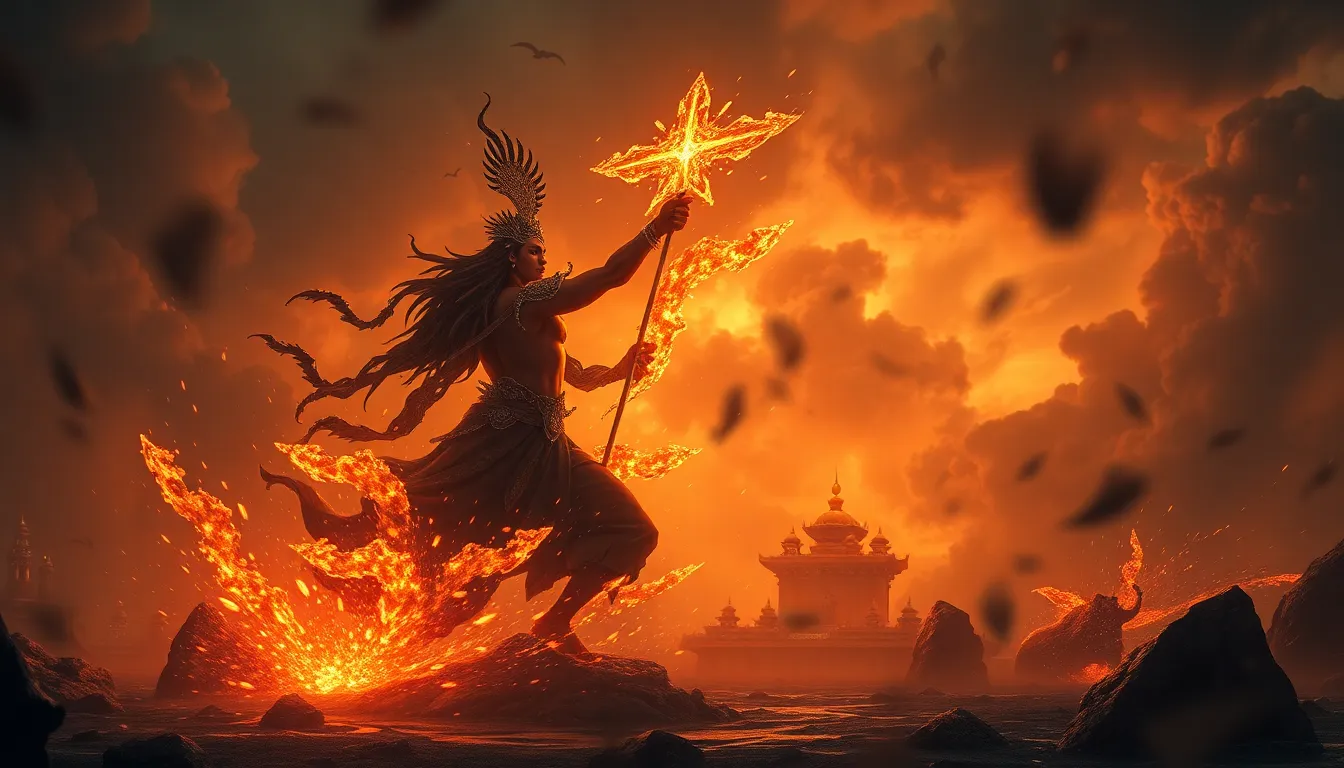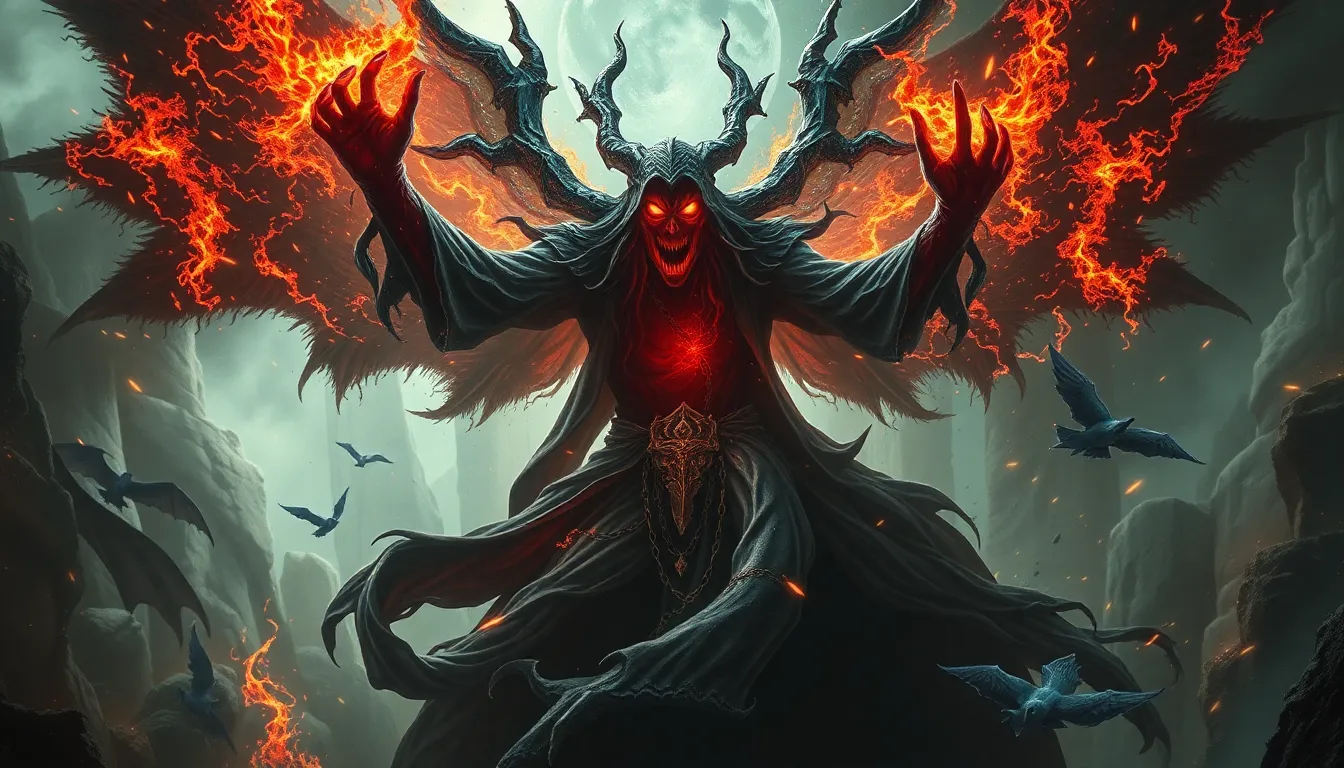Cultural Heroes: The Legends That Empower Communities
Introduction to Cultural Heroes
Cultural heroes are individuals who embody the values, beliefs, and traditions of a community, often serving as symbols of hope and inspiration. These figures can be historical leaders, artists, activists, or even everyday people who have made significant contributions to their society. The importance of cultural heroes lies in their ability to shape community identity, foster unity, and inspire future generations.
This article will explore the multifaceted role of cultural heroes in society, their characteristics, the distinction between local and global heroes, their representation in popular media, the process of hero creation, and the challenges they face. We will also discuss the significance of cultivating future cultural heroes to ensure the continuity of community values and aspirations.
The Role of Cultural Heroes in Society
Cultural heroes have existed throughout history, evolving alongside the societies they represent. They often emerge during times of crisis, serving as beacons of hope and resilience for their communities. By embodying the ideals of courage, sacrifice, and wisdom, cultural heroes inspire collective action and motivate individuals to strive for a better future.
- Historical Context: From ancient mythological figures like Hercules to modern icons like Nelson Mandela, cultural heroes have played pivotal roles in shaping societal values.
- Collective Action: Heroes often galvanize communities to address social issues, leading movements that foster change.
- Examples: Cultural heroes can be found in every culture, ranging from indigenous leaders to global figures like Malala Yousafzai.
Characteristics of Cultural Heroes
Cultural heroes typically share a set of common traits that define their legacy. These traits include:
- Courage: The willingness to confront adversity and challenge the status quo.
- Wisdom: The ability to offer insightful solutions and guidance in difficult times.
- Sacrifice: A commitment to the greater good, often at personal cost.
Storytelling and mythology play significant roles in shaping the characteristics of these heroes. Oral traditions, literature, and art help to propagate their stories, reinforcing the values they represent. Additionally, while traditional cultural heroes often reflect the ideals of their time, modern heroes can challenge these narratives, offering new perspectives on heroism.
Local vs. Global Cultural Heroes
Local cultural heroes are often grassroots figures who have a profound impact on their communities. These heroes foster cohesion and a sense of belonging, as they are often relatable and accessible. In contrast, global cultural figures can transcend borders, influencing international movements and inspiring people worldwide.
Some examples of local heroes who gained global recognition include:
- Rosa Parks: Known for her pivotal role in the American civil rights movement, her story resonates globally.
- Malala Yousafzai: An advocate for girls’ education, her courage has inspired movements around the world.
Cultural Heroes in Popular Media
The representation of cultural heroes in literature, film, and art has a profound influence on public perception. Media can amplify the stories of heroes, shaping how they are viewed by society. For instance, films about historical figures often highlight their struggles and triumphs, making their stories accessible to wider audiences.
Social media has also played a significant role in elevating contemporary cultural heroes. Platforms like Twitter and Instagram allow individuals to share stories, rally support, and celebrate local heroes, creating a more dynamic and participatory culture of heroism.
The Process of Hero Creation
The process by which communities identify and elevate their heroes is complex and often involves several stages:
- Identification: Communities recognize individuals who embody their values and aspirations.
- Elevation: Ordinary individuals can become cultural icons through acts of bravery, leadership, or significant contributions.
- Rituals and Memorials: Celebrations, awards, and memorials serve to honor these figures and keep their legacies alive.
Cultural Heroes and Social Change
Cultural heroes often lead movements for social justice, challenging systemic issues and advocating for change. Their involvement in grassroots activism is crucial, as they can mobilize support and inspire action among community members.
Some notable case studies include:
- Martin Luther King Jr.: His leadership in the civil rights movement transformed social policies in the United States.
- Gandhi: His nonviolent approach to resistance influenced global movements for peace and justice.
The long-term impact of these heroes can be seen in policy reforms and the ongoing efforts for equality and justice in society.
Challenges Faced by Cultural Heroes
Cultural heroes often bear the burden of expectation and their legacies can be a double-edged sword. The pressure to live up to their status can be overwhelming, and critiques can arise, questioning their actions or beliefs. Additionally, societal changes can affect the relevance of cultural heroes, as new generations may seek different ideals and role models.
Cultivating Future Cultural Heroes
Nurturing heroism within communities requires intentional strategies:
- Education: Incorporating lessons about local heroes and their contributions into school curricula.
- Mentorship: Encouraging experienced community members to guide and inspire younger generations.
- Youth Engagement: Creating opportunities for young people to participate in cultural heritage and community service projects.
Conclusion: The Enduring Legacy of Cultural Heroes
In summary, cultural heroes play an indispensable role in shaping community identities and inspiring social change. Their stories resonate across generations, reminding us of the values we hold dear. As we reflect on the importance of these figures, it becomes clear that recognizing and celebrating our cultural heroes is vital for the continued growth and cohesion of our communities.
Communities are encouraged to acknowledge their heroes, share their stories, and inspire future generations to embody the values that define them. By doing so, we honor the legacy of cultural heroes and ensure that their impact continues to be felt for years to come.


